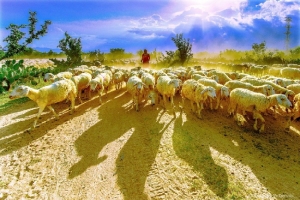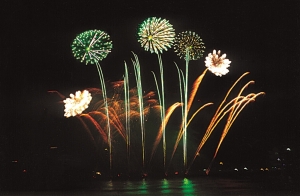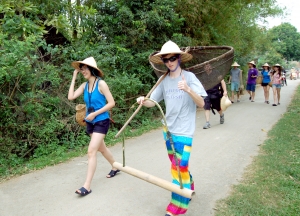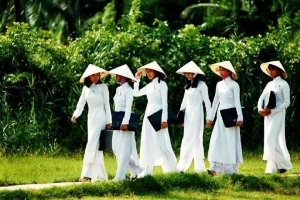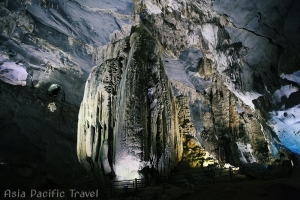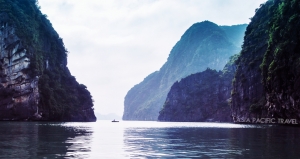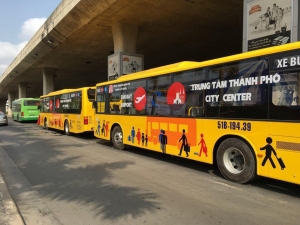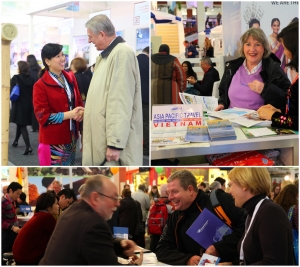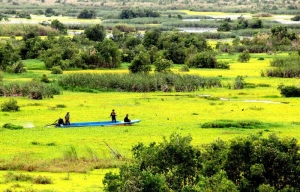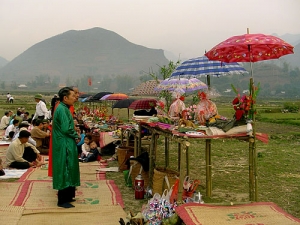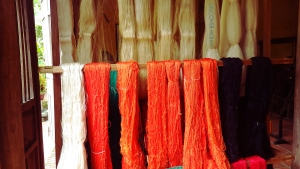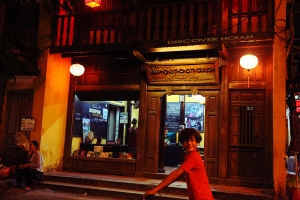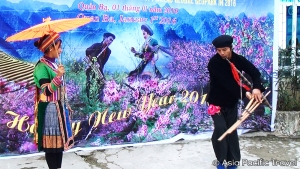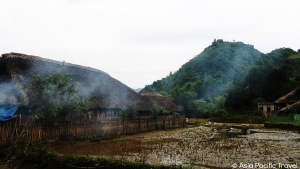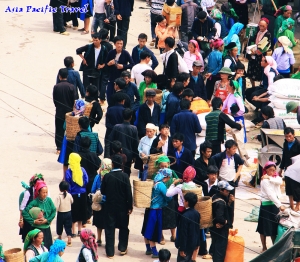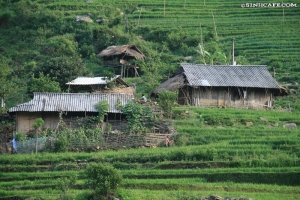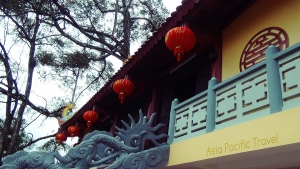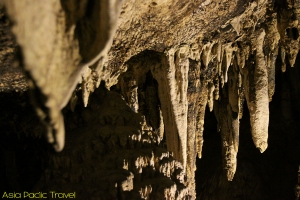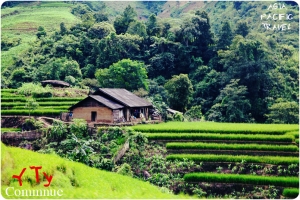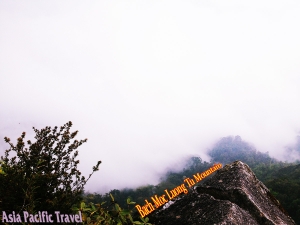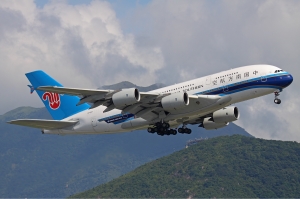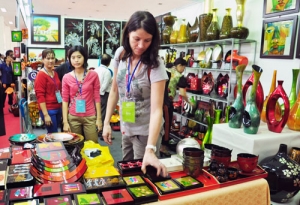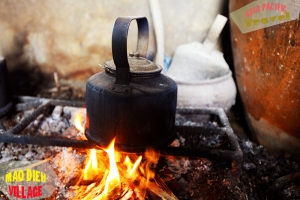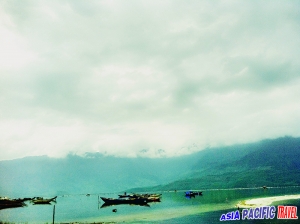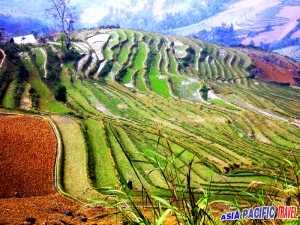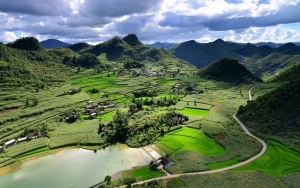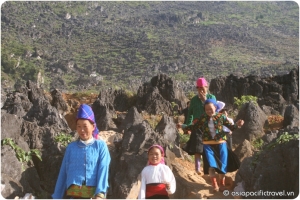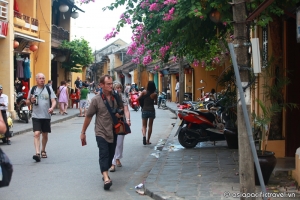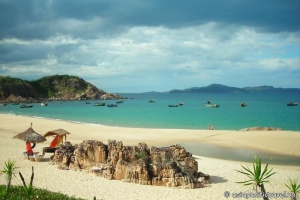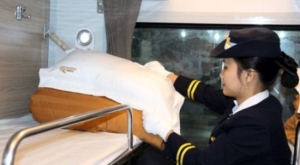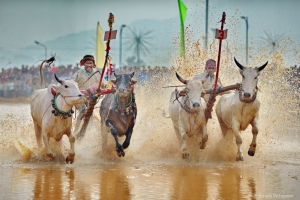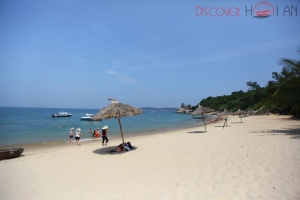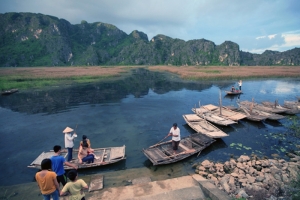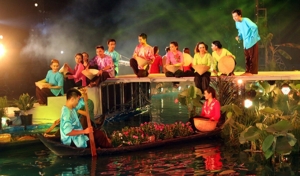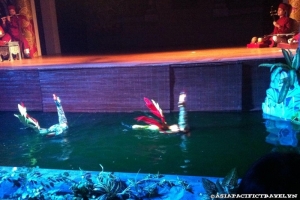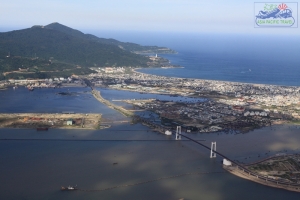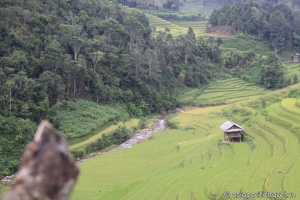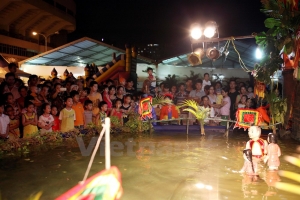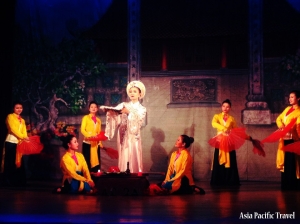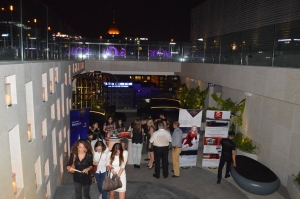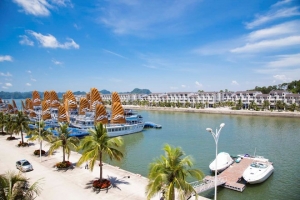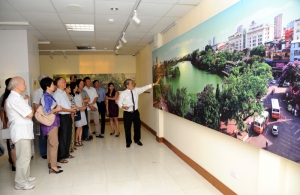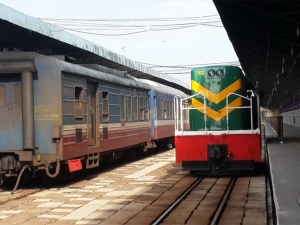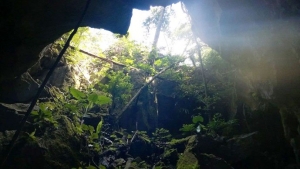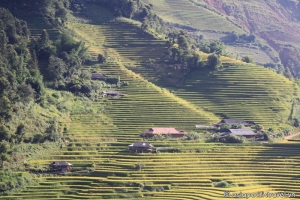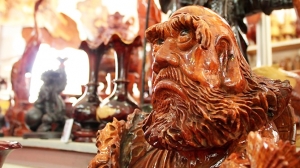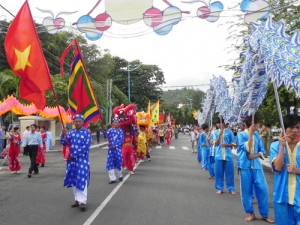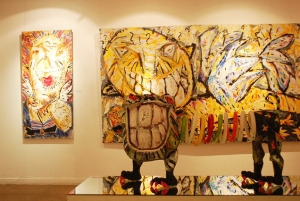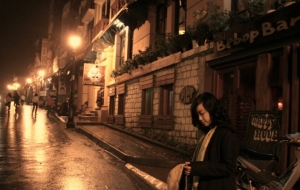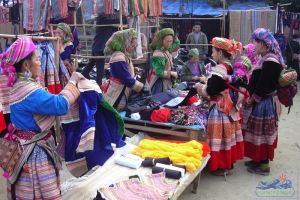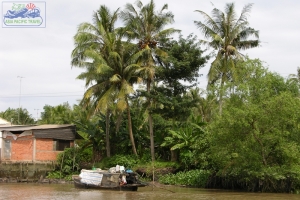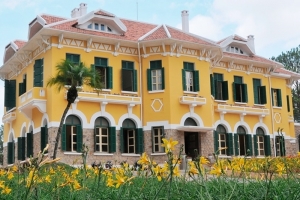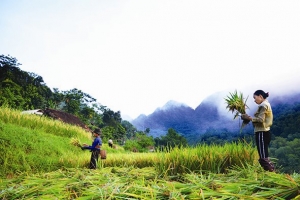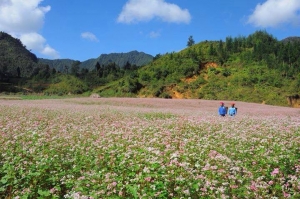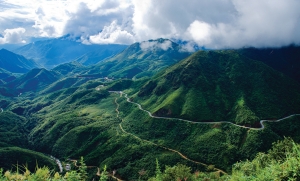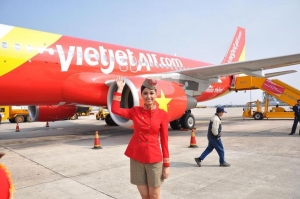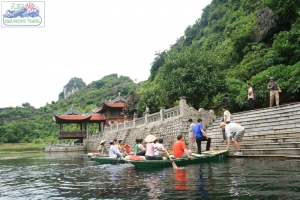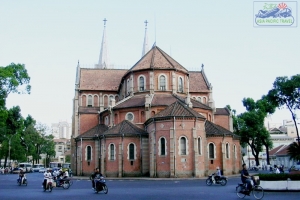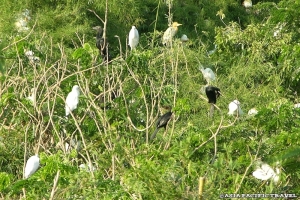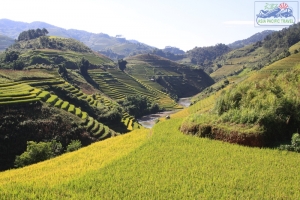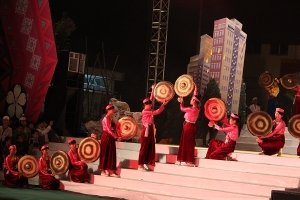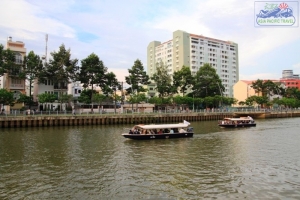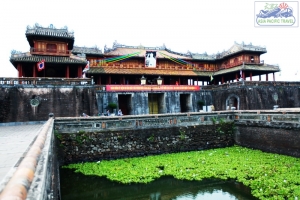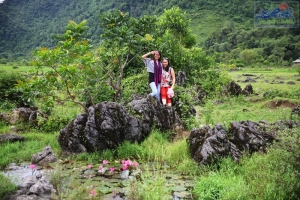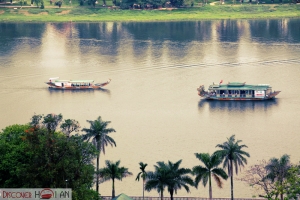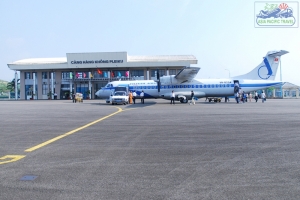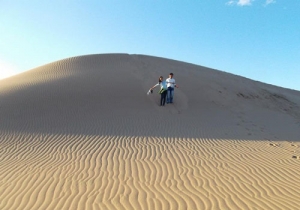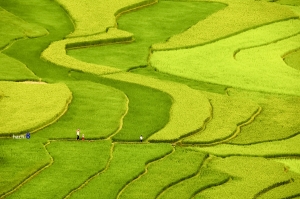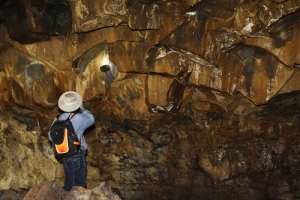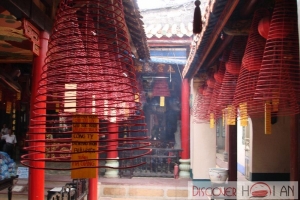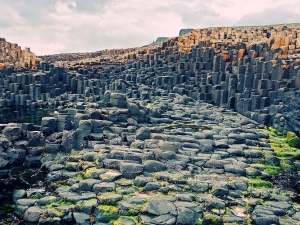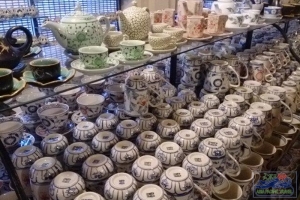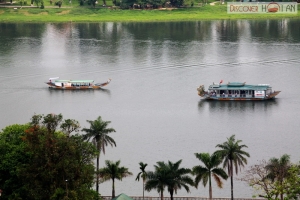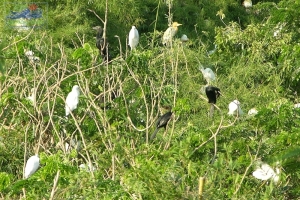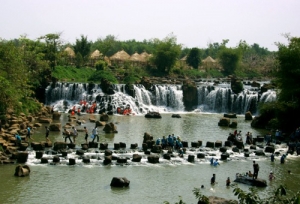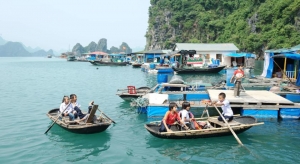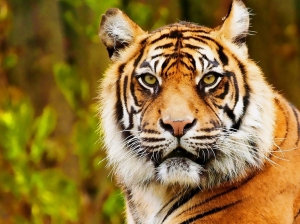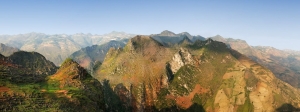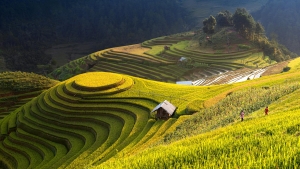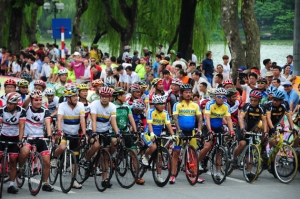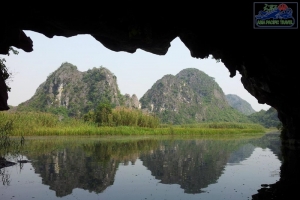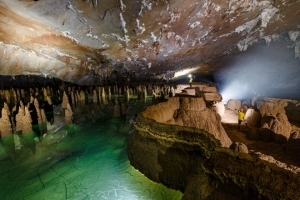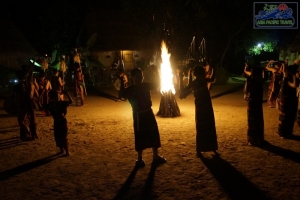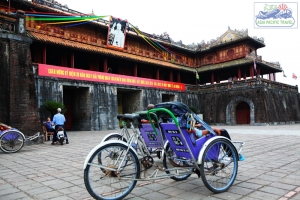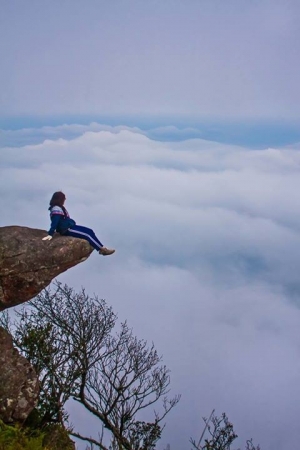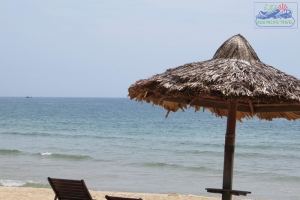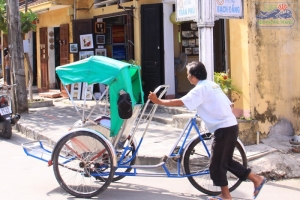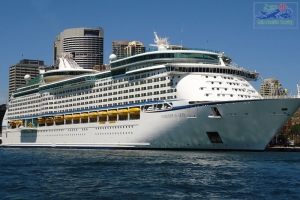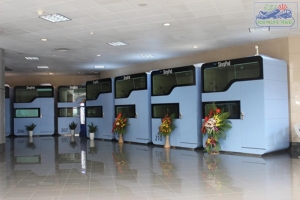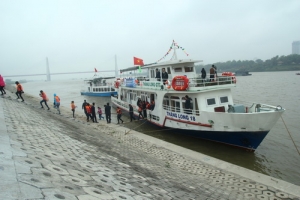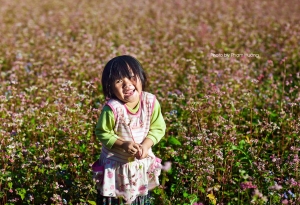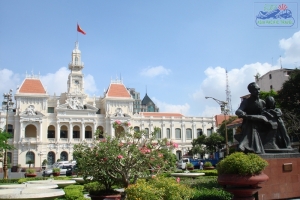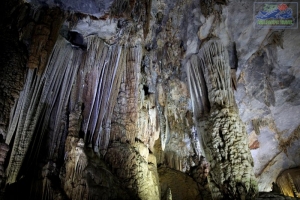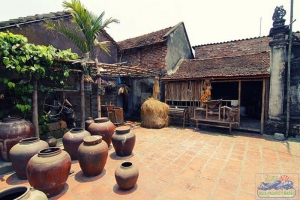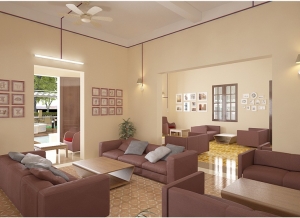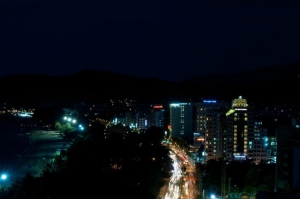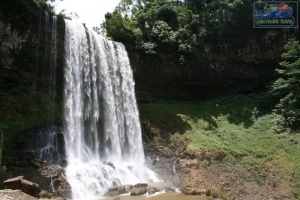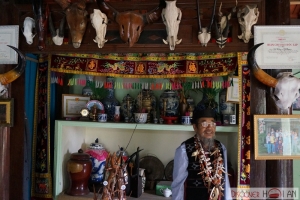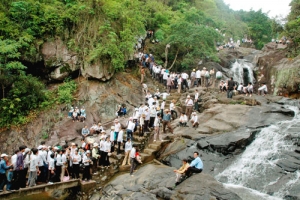UNDER THE SUN
PHAN RANG BOASTS MANY HEADS OF SHEEP BUT THEY’RE NOT THE ONLY ATTRACTION IN THIS SUNBURNT LAND.
One day, when I was surfing on Facebook, I came across some images of thousands of sheep grazing on grass in a gaint open field. The caption said it was in Vietnam, which made me wonder whether there we actually had this many sheep in the country. The photos were beautiful and looked like they were taken somewhere alse.
So I decided to visit Phan Rang the following month, to see thousands of sheep on open green fields, not in some faraway land but in my homeland, Vietnam.
From Hanoi I flew to Dalat, stayed one night and in the morning, as the birds started to sing, rented a motorbike and headed to Dran Pass and Phan Rang on the coast.
It wasn’t too far, only around 120km, but the road was so good so I drove slowly to take in the clean fresh air on the zig-zag mountain road to Phan Rang, a land of sun and wind. Beyond Ngoan Muc Pass I could feel the temperature change as I descended, the air becoming warmer and little more uncomfortable.
Phan Rang, the capital of Ninh Thuan province, was formerly the Champa Kingdom’s ancient capital of Panduranga. When I entered the city darkness had arrived, so I found a hotel and had some delicious street food for dinner. It is not a well-developed tourism destination just yet, so the price of everything was much lower than elsewhere.
The next morning I left my backpack at the hotel and camera in hand, went out with genuine exciterment to discover the local culture and scenery. The mountain ranges surrounding Phan Rang’s northern, southern and western sides stop the north-east and south-west monsoons that bring heavy rain. It became easier to understand why the area is so hot. I asked for directions to Bau Truc pottery village in Phuoc Dan town, Ninh Phuoc district, which is 8km from the city along National Highway 1A. Bau Truc is one of the oldest pottery villages in all of Southeast Asia and it reminded me of Bat Trang village in Hanoi.
The road leading to the village has been cemented, and as the village has became wealthier ober time houses have been built along both sides of the road. Only few houses, facing the main road, are used as pottery shops. Local people told me that the smaller alleyways is where the pottery products are made and sent to these shops.

Bau Truc pottery is made of clay from the Quao River, mixed with sand. The clay is taken only once a year, over a half-month period, and stored for use over the next year. Clay and sand, mixed with a little water, is kneaded smoothly then put on a potter’s wheel. From the skilled hands of the craftsmen come beautiful products. Unlike other pottery villages, kilns are not used, with products being fired by heat from burning straw and dry wood.
After leaving Bau Truc I visited the nearby graves of Cham people in Van Lam commune. The primary beauty of the culture of Chan people exists not only in their clothing but most clearly in their simple stone graves. Cham people in Ninh Thuan and Binh Thuan provinces were divided into two main groups, Cham Ahier and Cham Awal (Cham Bani) following their religion. Van Lam village’s cemetery is located on a vast sandbank, surrounded by innumerable cactus trees. No names are carved on the grave stones, but local people can still recognize which ones belong to their family.
It is said that the Cham Bani people bury their dead lying on one side, wrapped in cloth. They do not use a coffin or earth to make graves. Only two stones mark a grave, with the larger one symbolizing the head and the smaller one the legs. The stone graves are arranged into long lines. On festivals and holidays they invite the char (head of the ceremony) to water the graves to purify them. The dead are believed to be more pure and cleaner after the ceremony. The offerings are simple, including beer, bottled tea, betel leaves, cakes, and dried squid and fish. Nearby graveyards of Cham Moslems were much smaller, as fewer Cham followed Islam. Local people told me they put their dead into coffins, pile earth over the grave, and sit around to pray, as Kinh people do. There culture, over time, has been influenced by the Kinh people’s culture.
I sat here for hours until the dark clouds covered the sky, the rain seeming to come to purify the graves.
After returning to Phan Rang I had an early night to gain the energy for the next day’s trip, which started early, to go out and see the sheep.
I’d been told that Mr Hoa Tien’s farm in An Hoa hamlet, An Xuan commune, has more sheep than any other, with about 1000 heads. The way to hi farm took me along desolate earthen road. By 8am all of the sheep had been driven towards the hills and mountain, because the grasslands around his farm are not enough to feed such s large herd.
Looking at the sheep I recalled stories I had read about the steppes of Mongolia, which always amazed me. For me the steppes are symbol of freedom, with animals such as wolves, eagles, horses and sheep in great numbers. We are fortunate to have sheep around Phan Rang, which is the only place they can live after becoming adapted to the climate.
I followed the sheep herders for a few kilometers, feeling as though the heat was burning everything under the sky. The dust churned up by a thousand sheep told me where they were. Their fleece has gone, as the weather stops it from fully growing. As they grazed on the grass in the field the image was so beautiful that I felt like I was watching a movie.
The sun and the wind of Phan Rang preserve wonderful things, such as the stone graves of the Cham people. The flocks of sheep make us dream that we are lost, not in Vietnam but somewhere else.
Everyone should come hear at least once in their life, but it’s somewhere you’ll feel concerned that local culture is fading away. Another fear is that with such a large herd of sheep there is not enough grass, and with the tough weather the lands may one day turn to desert.
The Guide


